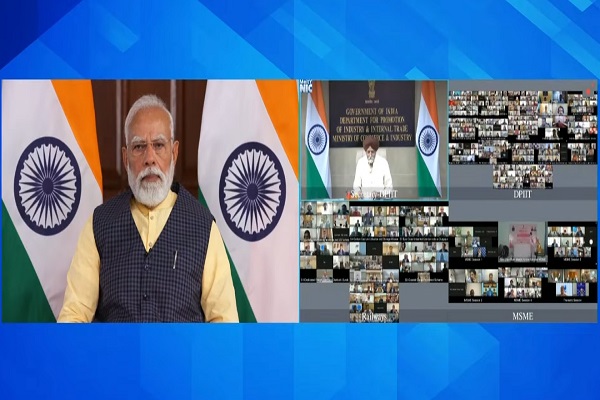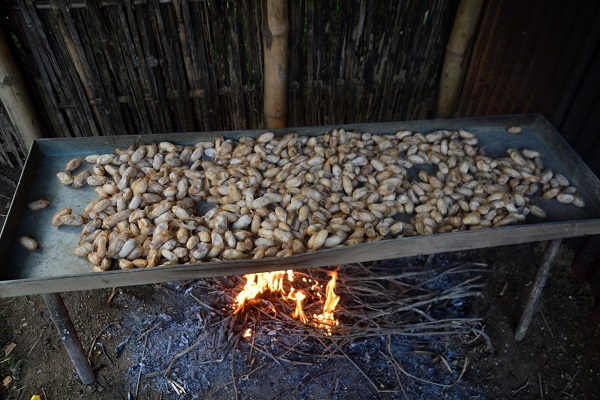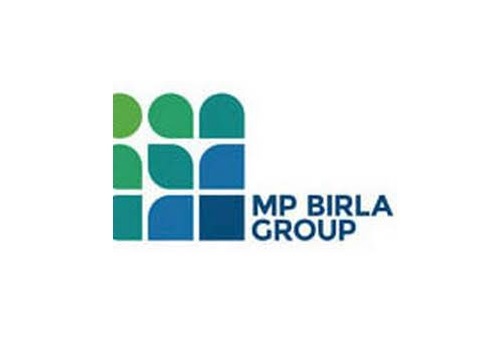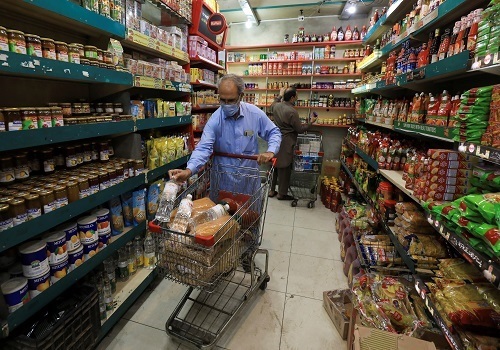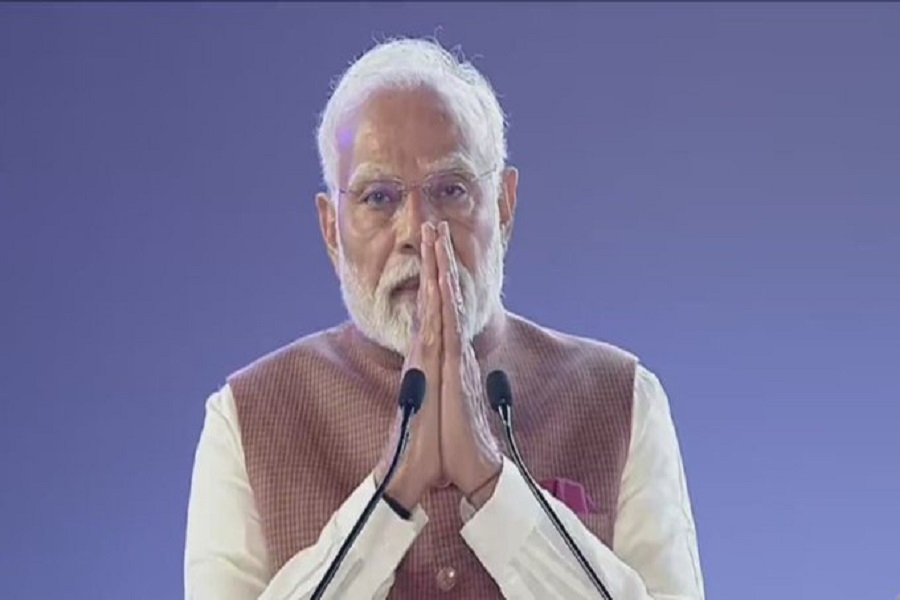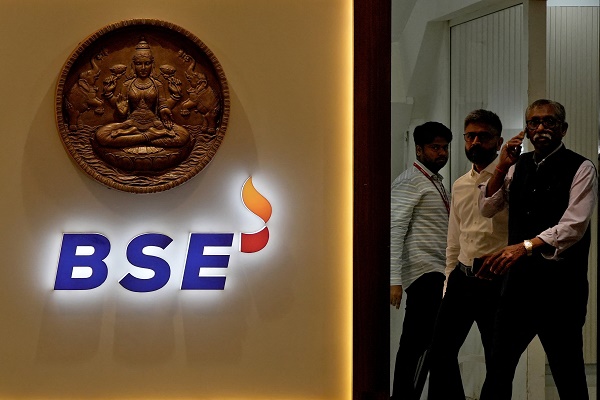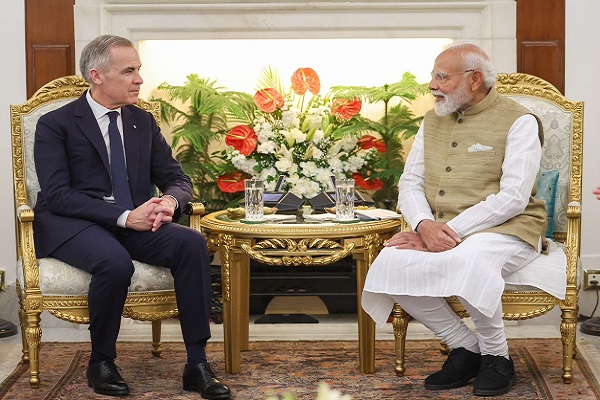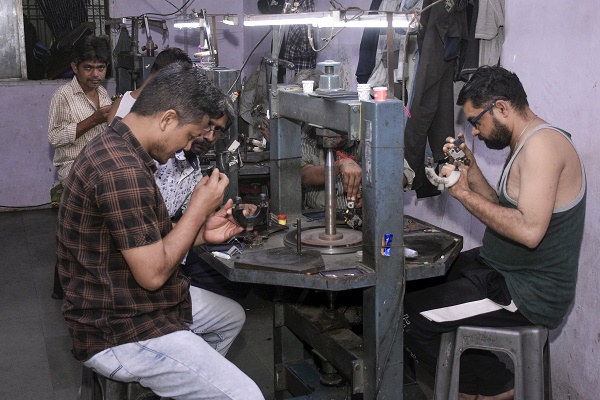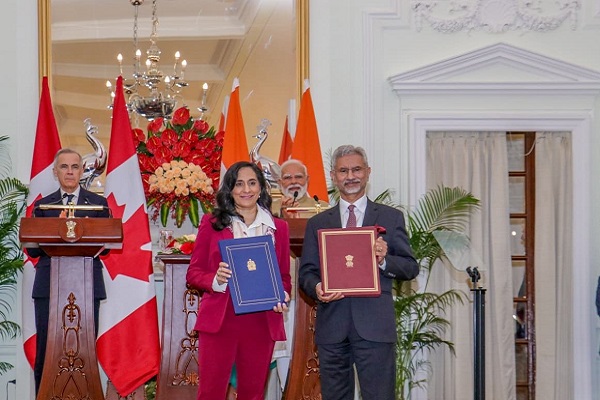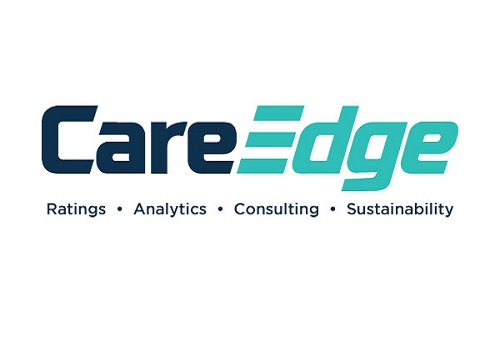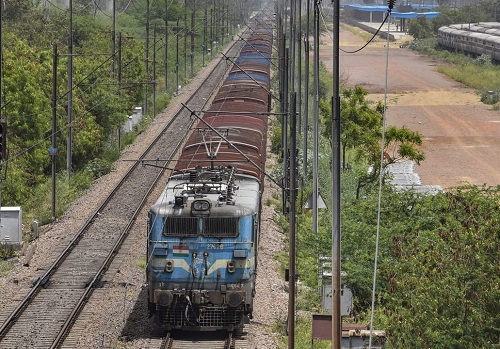Non-tariff measures limit market access for Indian goods: DGFT
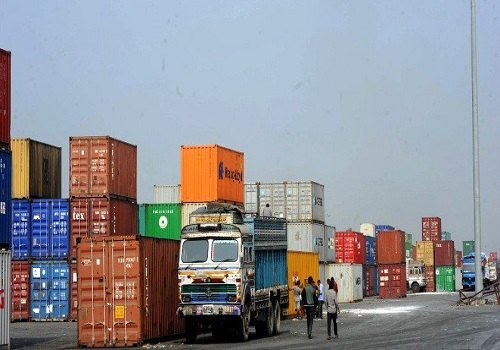
Director General of Foreign Trade (DGFT) Santosh Kumar Sarangi has said that non-tariff measures being announced by developed economies such as European Union's carbon tax and deforestation regulation limit market access for Indian goods in those markets. He said that the other challenges before Indian exports include insufficient integration with global value chains, high import duties, technology disadvantage, and high cost of logistics (about 8-9 per cent of GDP against 5-6 per cent in developed nations).
He stated that the export window is also narrowing because of aggressive industrial policies of advanced nations like USA's Inflation Reduction Act and Chips Act, and UK's advanced manufacturing plan. Most non-tariff measures (NTMs) are domestic rules created by countries with an aim to protect human, animal or plant health and the environment. NTM may be technical measures like regulations, standards, testing, certification, pre-shipment inspection or non-technical measures like quotas, import licensing, subsidies, and government procurement restrictions. When NTMs become arbitrary, beyond scientific justification, they create hurdles for trade and are called NTBs (non-tariff barriers).
He further said that export credit as a percentage of total merchandise exports is only 28.5 per cent in India. He noted that total export credit provided is estimated at $124.7 billion as against the estimated requirement of $284 billion for a total merchandise export of $437 billion in 2023-24. Total export credit requirement is estimated for 2030 ($1 trillion goods exports target) at $650 billion. At current levels of financing of $124.7 billion, the trade credit gap is estimated to reach $525 billion by 2030. The Export Credit Guarantee Corporation of India (ECGC) extends a total insurance cover of only $44.9 billion out of a total export credit of $124.7 billion.

